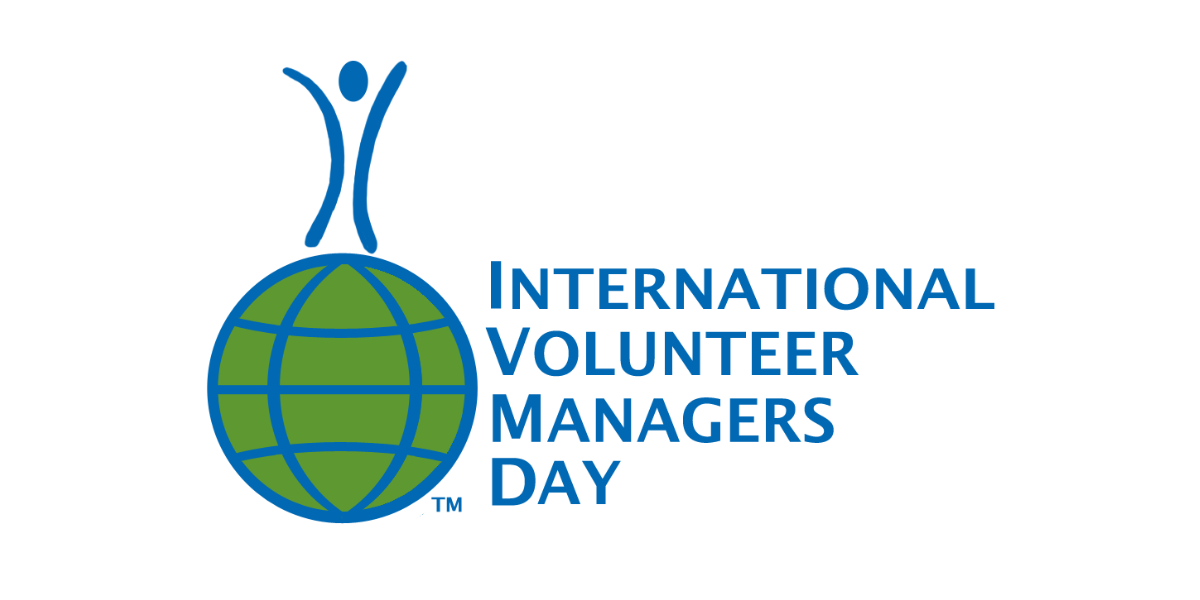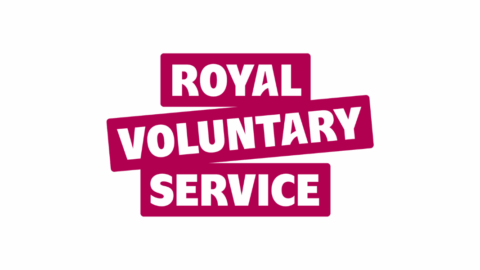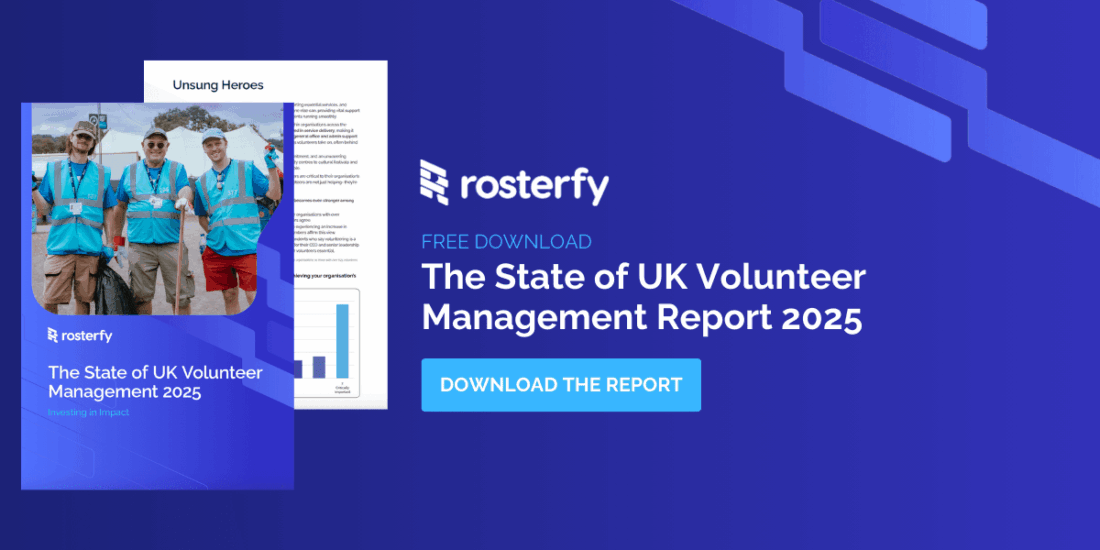Recent events have shown what we in the charity and not-for-profit sector know to be true – that volunteering and community engagement is and remains a universally strong spirit. People, without being asked to step in, are coming forward to give their time and share their skills, to provide practical assistance, comfort and support; ultimately creating a sense of resilience and strength.
But in order to support these initiatives and enable people to contribute effectively it is vital to think about how to develop and provide the relevant set up. Evidence on collective efficacy has shown that without the appropriate infrastructure and support to co-ordinate efforts and offers of help, community action can dissipate rather than proliferate.
A key element of this infrastructure I would argue is having well trained and well supported people to provide the volunteer management. We are all familiar with the well-deserved accolade of volunteers to our organisations – and indeed the sector as a whole; but in order to enable volunteers to offer the greatest value we need to recognise that Volunteer Managers matter as well.
Keeping a balance between efficient, supportive volunteer opportunities with a responsive and adaptable relationship, carries right though a volunteer journey. Volunteers need to be supported once they’re involved; in a way that is meaningful to them and meets their changing needs. At this time, this has extended into supporting volunteers who have been asked to temporarily stop their role and thinking about how we can re-engage them. Organisations which involve volunteers need to reflect on the importance of putting resources into their volunteering interventions, including equipping those who work with our volunteers.
At a time when all organisations including charities are facing threat to their income, the value and impact which volunteers bring, extending the reach and resources and developing services and interventions which resonate within the community, really matters. As Joe Saxton from nfpSynergy said in a recent blog, “volunteers…could be at the heart of the shift” of making sure things get done.
If we are going to effectively build on the interest in volunteering which has come through this pandemic, and not lose the positives of the agile and flexible way that people have been able to get involved, organisations need to think widely and creatively about how they engage those who want to give their time – and in order to do this strategically they will need to keep the investment in volunteer management.
This is why a group made up of AVM, the Association of Voluntary Service Managers (AVSM), Heritage Volunteering Group (HVG), the Scottish Volunteering Forum and Volunteer Now have come together, convened by Rob Jackson and building on a similar alliance in the States, involving Betsy McFarland from Adisa, to write an open letter to leaders of organisations which involve volunteers – to let them know the importance of having those who understand and lead on volunteer management at the table when discussing the future.
This is the first time we’ve worked together in this way as an alliance and I’m so proud that AVM has been part of that and hope we can bring our networks together in the future, so thanks for Rob for making that happen.
I’d like to thank Rob and Betsy who joined us at the launch of the letter and shared their thoughts and experience.
I’m proud that AVM has taken part in this important piece of work and to have been able to work across our organisations, and please do get in touch to feedback and let us know how you’d like us to promote this and support you to get the message out.
==========
Ruth Leonard is Chair of AVM, and Head of Volunteering Development at Macmillan Cancer Support.





